
IPC课程 What is the IPC?
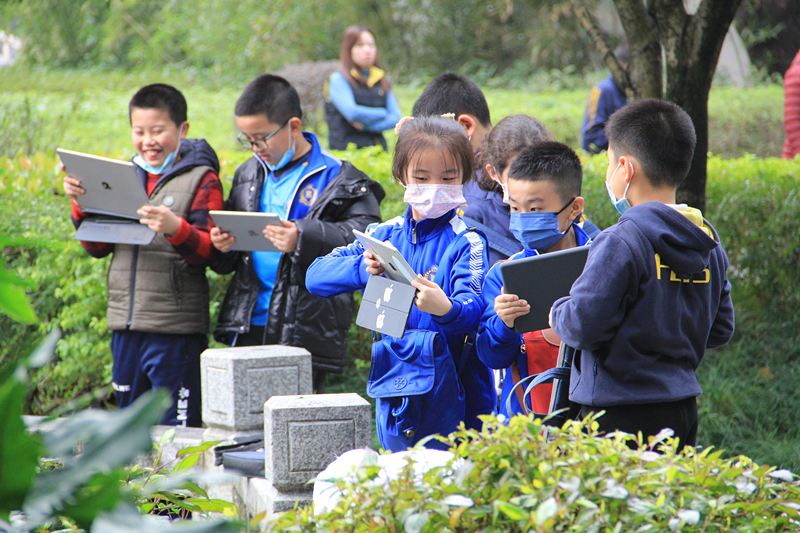
国际小学课程的核心理念:相信并致力于通过愉快的学术、个体和国际学习培养学子实现全面发展,令其为现在和未来的机遇和挑战做好准备。
Central to the International Primary Curriculum is the belief in, and commitment to, the holistic development of learners through enjoyable academic, personal and international learning that prepares them for opportunities and challenges now and in the future.
我们鼓励学生掌握全球竞争力,为未来做好准备,具备社会意识,并有动力在当地和/或全球范围内做出积极贡献。
Learners are encouraged to be globally competent, future ready, socially conscious and motivated to positively contribute within a local and/or global context.
通过科目、个体和国际学习的结合,学生应准备好充分利用未来的机遇。
Through the combination of subject, personal and international learning learners should be ready to make the most of future opportunities.
主题单元是为帮助孩子们理解学科如何 "独立 "而又 "相互依存 "而规划的,一如现实生活中那样。通过在各科目乃至自己的生活之间建立联系,并从不同学科的角度谈论一个主题,学习效果也随之提升。
Thematic units are organised to help children to see how subjects are both ‘independent’ and ‘interdependent,’ just like they are in real life. Learning is improved through making connections between subjects, to their own lives and talking about a theme from different subject viewpoints.
国际学习是一个更广泛的领域,但IPC在提供国际学习目标方面是独一无二的。
International learning is a broader area but IPC is unique in providing International Learning goals.
语言艺术和数学这两个科目的学习目标和活动被纳入科目学习任务,作为桥接学习的机会。
Language Arts and Maths goals and activities are included in subject learning task as opportunities for connecting learning.
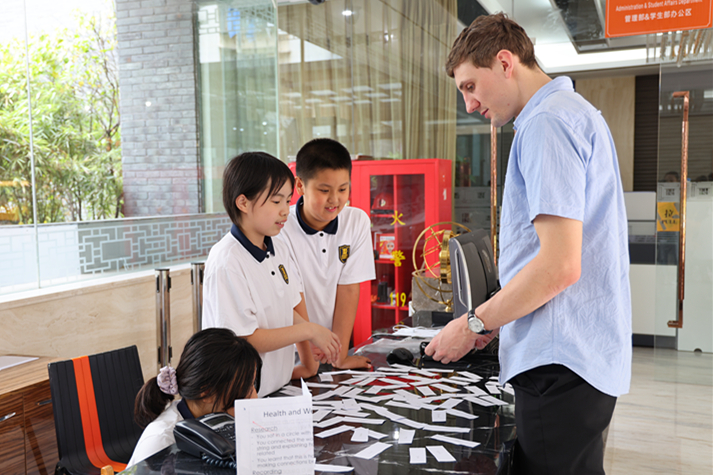
IPC科目学习的目标是IPC成立的基础。学习目标描述了儿童将要学习的知识、技能和理解。
The IPC Subject Learning Goals are the foundation on which the IPC was built. The learning goals describe the Knowledge, Skills and the Understanding that children will develop.
知识需要记忆,技能需要练习,理解需要反思和联系。
Knowledge requires memorizing, skills require practice and understanding requires reflecting and making connections.
个体学习目标塑造了我们作为学习者和人的态度和能力。它们将帮助学生在生活和学习中再接再厉、克服难关。
The Personal Learning Goals shape our attitudes and capabilities as learners and people. They will help learners to flourish and overcome challenges in life and learning.
这些目标出现在单元任务中,以便儿童了解它们的含义并将其付诸实践。
These goals are included in unit tasks so that children learn about what they mean and put them into practice.
个体学习目标将体现于所有校园活动中,而不仅仅是IPC课程。
The Personal Learning Goals will be visible in all school activities not just IPC lessons.
每个主题单元都包含了国际任务,在这些任务中,与主题相关的学习往往涉及东道国、本国和移居国,以体现其地域性及全球性。对这些国家的思考也可以在主题任务中出现,让学子能够将主题学习与本国和/或东道国联系起来。
Each thematic unit has international tasks where learning relevant to the theme is consider locally and globally often through host, home and adopted countries. Thinking about these countries may also be included in subject tasks to allow learners to make connections between subject learning and home and/or host countries.
国际学习超越了单元的范围,并将在学校中得到体现。它旨在培养一种 "国际意识 "和 "全球竞争力",鼓励在当地和全球社区采取行动。
International Learning goes beyond the units and will be evident in the school. It aims to develop a sense of ‘international mindedness’ and ‘global competency’ which encourages taking action in the local and global community.
单元切入点即一个单元的开端。它可以因一段新的经历,一次参观、迎来访客或由教师组织的亲身体验而开启。
The Entry Point happens at the beginning of the unit. It could involve new experiences, a visit or visitors or a hands on experience organised by the teacher.
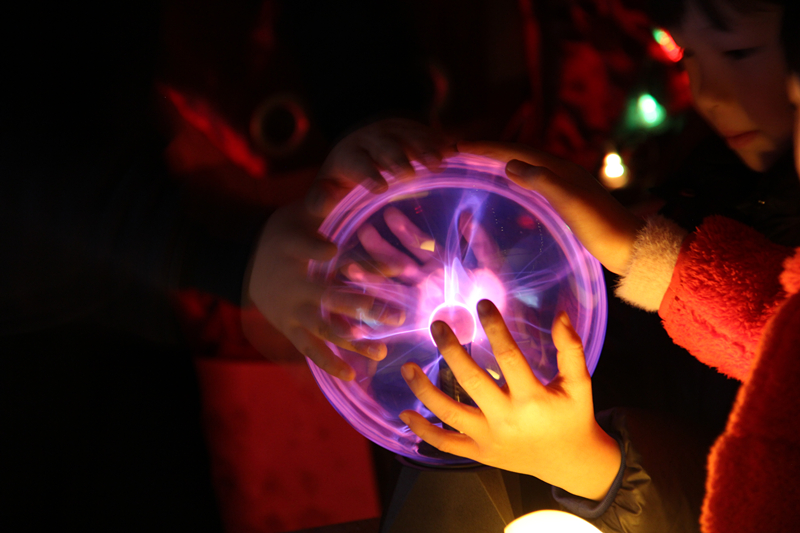
在这一阶段,教师需要了解孩子们已经掌握的知识,并与先前的学习建立联系。
In the knowledge harvest the teacher work together to see what the children already know and to establish connections with prior learning.
在这一阶段,教师将为学生大致描述未来学习方向。
At this point teachers will give the students an overview of where learning is headed.
我们也会在单元之初发布的家长信中简要提及学习方向,方便家长为孩子在家学习时提供支持与帮助。
This will also be provided in the parent letter at the start of a unit to help support the learning at home.
每个IPC单元都包含一个研究活动和一个记录活动。研究活动总是在记录活动之前进行。在研究活动中,孩子们使用各种方法,在不同规模的小组中进行探究,发掘一系列信息。
Each IPC unit has a research activity and a recording activity. Research activities always precede the recording activities. During research activities, children use a variety of methods and work in different group sizes to find out a range of information.
在记录阶段,孩子诠释他们所研究的主题,并有机会以不同方式展示、分享、说明他们所学到的知识。
During the recording activities, children interpret the learning they have researched and have the opportunity to demonstrate, share and explain their learning in different ways.
在反思阶段,学生可能会将所学与先前的学习联系起来,思考所学内容的意义,或建立个人联系。
When reflecting learners may make connections to previous learning, consider the significance of what they have learnt or make personal connections.
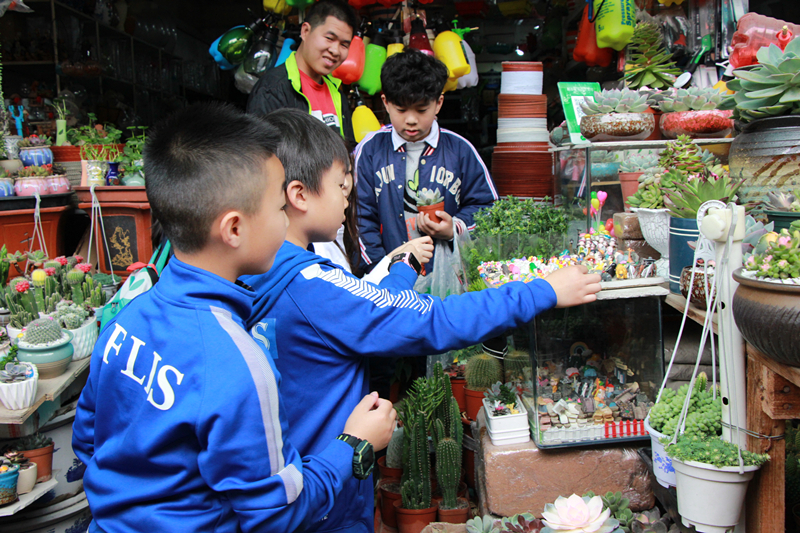
在这一阶段,学生要成长为“教师”。单元结课点有两个主要目的:帮助学生把本单元的学习内容整理、汇合在一起,并庆祝之前完成的学习。学生以不同方式向众人展示学习成果,这也是家长见证孩子成长的绝佳机会。
Is where the learner becomes the teacher. The Exit Point has two main purposes: to help the students pull together their learning from the unit and to celebrate the learning that has taken place. Students present their learning in different ways to a variety of different stakeholders of the school and it is an excellent chance for parents to witness their child’s growth.
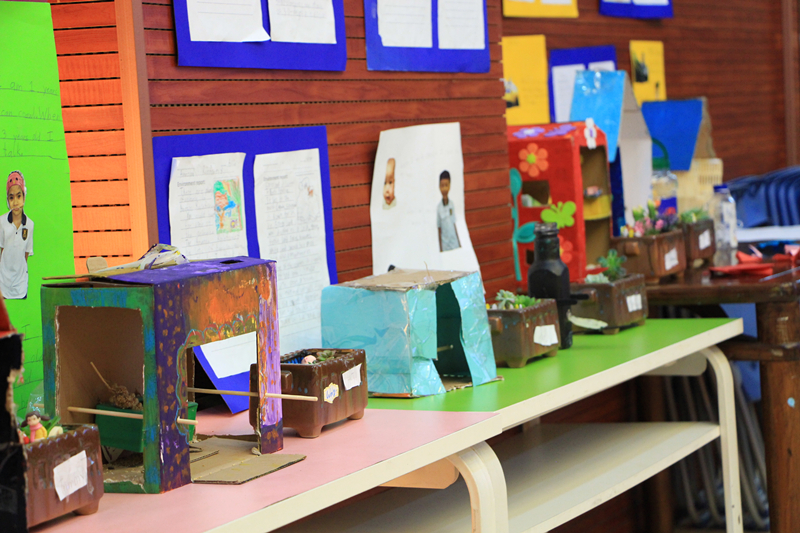

• Look out for the parent information letter to find out about the next IPC unit
• 请查看家长信以了解下一个IPC学习单元。
• Supply resources from home and host country if available
• 若有可能,提供本国及东道国相关资源。
• Join in with Entry and Exit points
• 参与单元切入点及单元结课点相关活动。
• Talk to your children about their learning
• 与孩子谈论他们的学习。
• Recognise and celebrate the Personal Learning Goals at home
• 了解孩子个体学习目标,并庆祝其完成。
• Support children in taking action in response to their learning
• 支持孩子根据其学习情况采取行动。